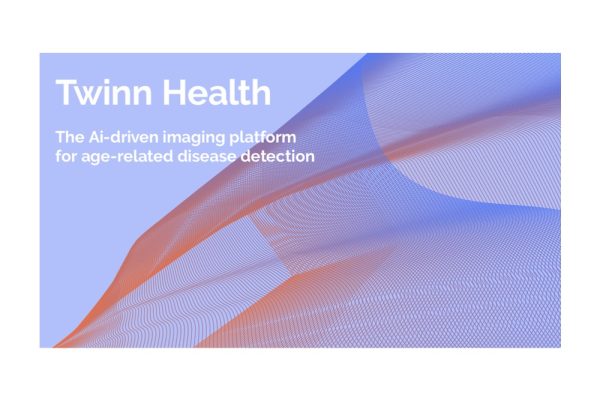LONDON –
Twinn.health, a groundbreaking health technology company, today announced the launch of its AI-driven imaging platform that aims to revolutionize the early detection of age-related diseases. The platform, built on over a decade of research at Imperial College London, leverages advanced AI algorithms to analyze MRI data and provide risk assessments for common causes of frailty up to 10 years earlier than current methods.
The Twinn.health platform addresses a significant challenge in healthcare: the growing prevalence of age-related diseases and their impact on patients, healthcare systems, and economies. With an aging global population, there is a pressing need for more effective, proactive diagnostic tools to identify and manage these conditions at an early stage.
“Twinn.health’s AI-powered platform offers a game-changing solution for age-related disease detection and management,” said Dr. Wareed Alenaini, Founder and CEO of Twinn.health. “Our mission is to unlock the true potential of imaging data to improve health outcomes and prevent multiple diseases with a single MRI scan.”

Twinn.health’s platform is the first of its kind to use MRI data for risk assessment in the context of frailty. It identifies chronic age-related diseases earlier than traditional molecular signals, making it a powerful tool for early intervention and prevention. The platform has been validated through a retrospective clinical study involving 400 patients and three radiologists, with promising results.
Key features of the Twinn.health platform include:
– Heatmaps: Visual representations of areas of concern and adipose tissue within MRI scans.
– Risk scores: AI-generated scores reflecting a patient’s risk for highlighted diseases.
– AI reports: Comprehensive case reports summarizing key findings and analysis.
Twinn.health is currently raising a pre-Series A round to progress its metabolic disease AI through FDA approval and expand its disease pipeline. The company has already secured $800k in pre-seed funding and established data partnerships with the UK Biobank, University of Edinburgh, and Imperial College London.




















